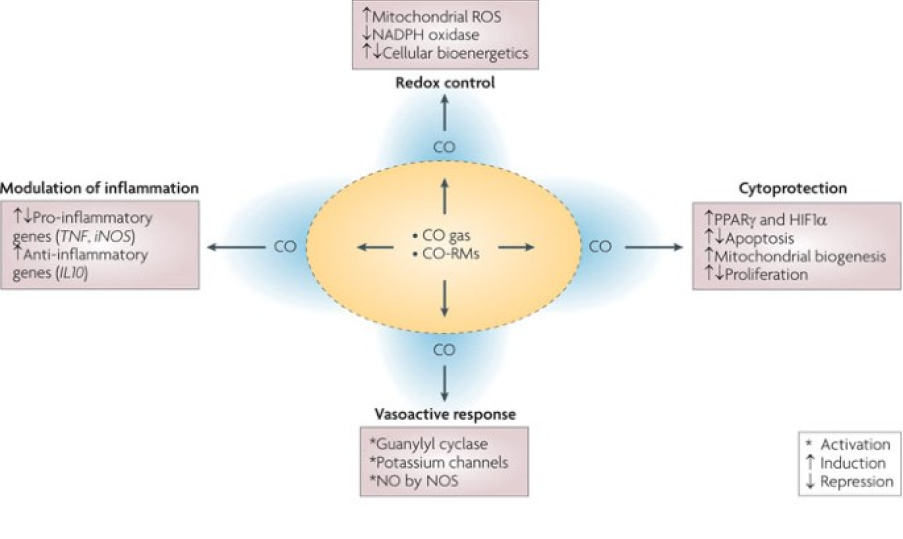Safe
CO dosed in over a dozen human clinical studies to date, with tight control over blood CO levels and no major side effects

The Science & Safety of Carbon Monoxide in
Organ Transplant
Aging population and declining metabolic health have both increased need for transplants (diabetes, liver disease) and reduced quality of median donor organs. Lower quality organs increase graft dysfunction risk. 80% of potential donor lungs are declined. 20% of donor kidneys are discarded

Controlled CO-dosing has demonstrated strong cyto-protective, immuno-modulatory, anti-fibrotic and anti-inflammatory effects while demonstrating strong safety:

CO dosed in over a dozen human clinical studies to date, with tight control over blood CO levels and no major side effects
>20 studies published in preclinical transplant models, shown to
 Improve kidney and liver
preservation in rats and pigs
Improve kidney and liver
preservation in rats and pigs Prevent lung
ischemia-reperfusion injury and chronic rejection in rodents
Prevent lung
ischemia-reperfusion injury and chronic rejection in rodents Improve islet cell survival
Improve islet cell survival
 Reduce small bowel transplant
IRI in rats
Reduce small bowel transplant
IRI in rats Improve cardiac allograft
survival in rodents
Improve cardiac allograft
survival in rodents Prevent aortic allograft
vasculopathy in mice
Prevent aortic allograft
vasculopathy in mice